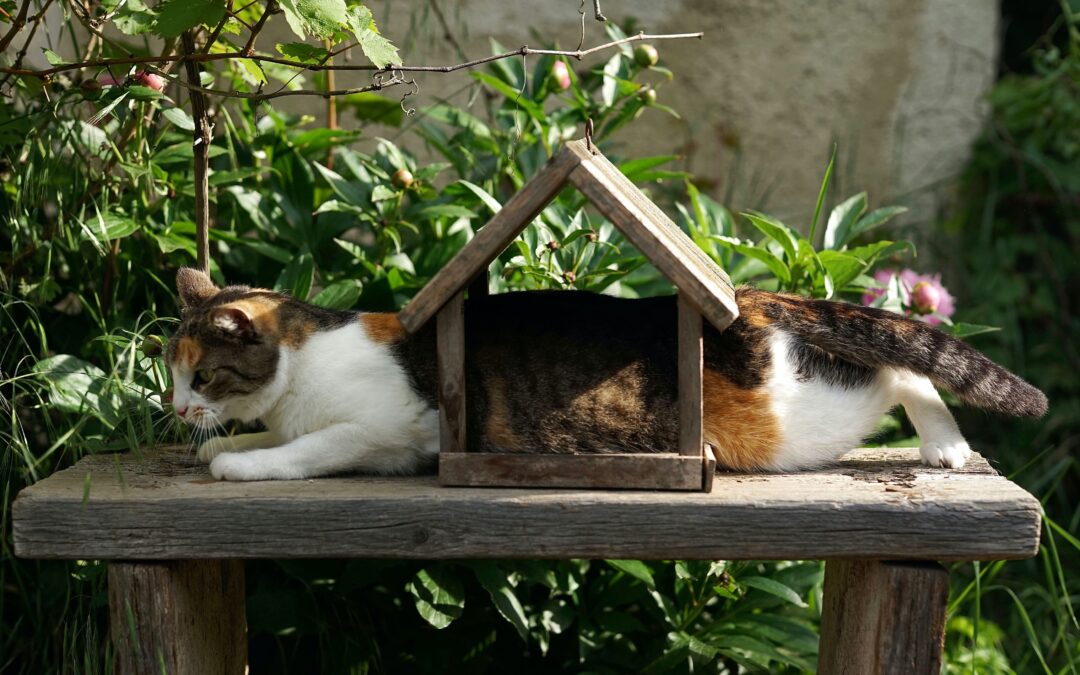“My Dog Treats Me Better!”
“After years of lies, betrayals, and secrets paired with infidelity and inappropriate sexual behaviours, I ask myself why I’m still here. Why am I still in this relationship? He says he loves me, and I actually trust that he does; however who cares? My dog loves me and treats me way better than he does…and HE’S A DOG! I have never experienced such a magnitude of hurt from any of my family or friends, so why do I put up with this guy?”
We all may be able to relate to “Stephanie” to some degree. Romantic relationships are difficult to maintain and even more difficult to cope with when the relationship is in trouble. When trust has been broken, couples spiral through a crisis and without healing and recovery work, often begin the dynamic or pattern of living crisis to crisis. This is often referred to as a chaotic or crisis-oriented relationship.
Stephanie’s dilemma is common in that we tend to compare our romantic relationships, albeit without sufficient facts or data, to those of our friends, family members and even to examples from popular media and literature. Our perceptions and misperceptions of others’ relationships colours our view of “what intimacy should be”, often leading to us setting the expectations for our relationships too high. With limited and inaccurate information, our expectations can easily become unrealistic, gradually contributing to worsening and even quite hurtful communication.
Of course, when our intimate relationships are in a crisis state, like Stephanie, we start to question why we are still in the relationship. By obtaining more accurate information about relationships and doing some analysis, we can improve our understanding and thus our ability to resolve relationship troubles. Robert Sternberg from the University of Wyoming, proposes the “love triangle” framework in which he presents love’s three main dimensions: intimacy, commitment, and passion and the seven relationship types below have more or less of these qualities (Psychology Today).
When couples consider their place in this model, they can identify their relationship to one of 7 types of relationships (Psychology Today):
- Consummate (the highest form): a high regard on all three dimensions of the love triangle
- Infatuated: high on passion only
- Fatuous: high on passion and commitment
- Empty: high on commitment only
- Companionate: high on intimacy and commitment
- Romantic: high on intimacy and passion
- Liking/friendship: high on intimacy only
Some couples experiencing a crisis in their relationship escape, withdraw or give up. Consideration toward getting assistance and more research-based analysis helps individuals and couples understand the dynamics underlying their dilemma. This then helps us negotiate the type of relationship we want to achieve and navigate the journey to it. Couples counselling can create a space to work together to heal the hurt, achieve goals, rebuild trust and, ultimately, get the loving relationship you want.
Let us help! Book your appointment with us today!

Recent Comments